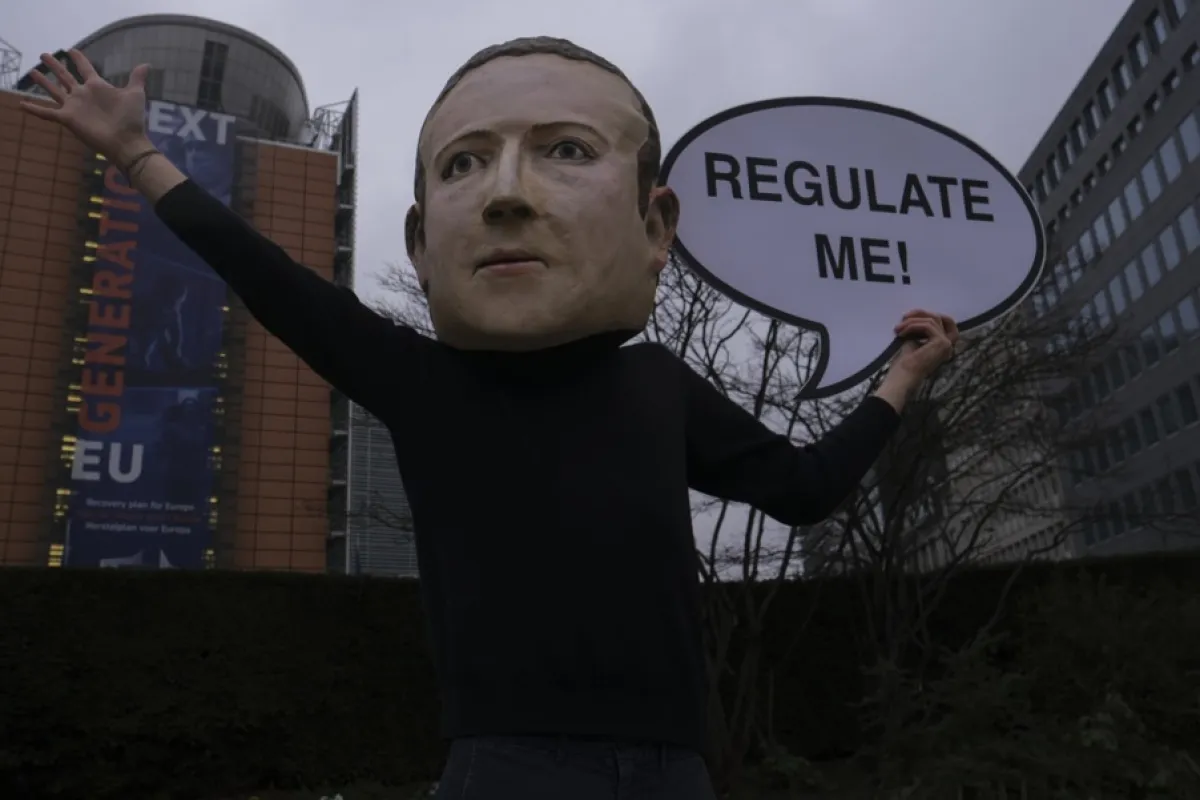
Belarus has an ever increasing list of items deemed extremist, ranging from reasonable ones, like Hitler’s Mein Kampf, to rock songs that authorities see as being critical to Lukashenko’s regime.

The European Union imposes censorship and the LGBT agenda, the representatives of the Bulgarian extremist party “Revival” told their like-minded colleagues from the Republic of Moldova.

A small group of people, with a hidden agenda, will decide what can be published online, according to a Romanian MEP, well-known for the conspiracy theories he promotes.

The Kremlin’s censors have little to monitor in terms of anti-Putin criticism, Russian investigative journalists note, after the entire opposition media in Russia was snuffed out or blocked. The Russian independent media also describe how the Kremlin has failed in recruiting mercenaries from Serbia for its Ukrainian war effort.

With the outbreak of war in Ukraine, the Kremlin has tightened its grip on information reaching the Russian public. The little independent press that still existed and was trying to provide information about what was really going on in Ukraine was practically silenced. Veridica flipped through independent media articles published just before total censorship was installed in Russia.

The former president of the Republic of Moldova, Igor Dodon, considers that he lost the presidential elections last autumn also due to Facebook, which allegedly deleted the likes he received and blocked the accounts of his party members. Ironically, the allegations were made in a video streamed on Facebook. Dodon thus joined a wave of attacks against these networks, launched in several countries, from Russia and EU member states to the United States.